See how the application of technology based on behavioral science may assist businesses in enhancing their decision-making processes. Better training their staff, and making more efficient use of their workflows.
Contents
Introduction
Businesses and groups try to stay competitive and come up with new ideas in a world that changes quickly. To reach this goal, it’s important to understand how people act and use that knowledge to make things better. Behavioral Science Technology (BST) is a method that combines ideas from technology, sociology, neuroscience, and psychology. It helps to study and change people’s behavior in order to boost output, make better decisions, and make workplaces healthier. This piece goes into detail about what BST is. How it can be used, and how it can help people and businesses.
Understanding Behavioral Science Technology
Behavioral Science Technology includes a number of different ways to study, predict, and change behavior. Companies are becoming more interested in this area because they know that standard management methods aren’t enough to keep their employees motivated and productive. BST focuses on ways to understand how people think, feel, and act in different scenarios that are based on data and evidence.
- Key Principles of BST
- Behavioral analytics: gathering data and looking at patterns of behavior helps find trends and guess what will happen. For this process, technology is used to collect data from things like workplace interactions, performance measures, and surveys.
- Motivation and feedback: BST is based on psychological ideas like operant conditioning and stresses the necessity of positive feedback to change behavior. Recognizing and rewarding good behavior makes people more likely to do it again and creates a culture that is effective.
- Cognitive Interventions: BST also uses cognitive-behavioral methods to help workers improve their ability to solve problems and deal with stress.
Applications of Behavioral Science Technology
- Workplace Optimization
- BST methods are being used more and more to make workplaces run more smoothly. Companies can find workflow bottlenecks and put in place focused solutions by using behavioral analytics. For example, real-time feedback tools can help teams change their plans quickly.
- When BST concepts are used in employee engagement programs, they make people feel motivated and in control. This can make people more productive and cut down on unemployment.
- Training and Development
- BST is a key part of making training plans that work for all kinds of learners. Cognitive science is used in customized training courses to make sure that skills are retained and used as much as possible.
- E-learning platforms often use gamification, which uses BST to keep students interested by giving them tasks and rewards that are in line with what drives people.
- Consumer Behavior Insights
- BST is used in marketing to guess how people will act and create more effective ad campaigns. Businesses can send messages that hit people on a deeper psychological level if they know how their customers make choices.
- Behavioral science data fed into advanced machine learning models helps marketers figure out what people want and guess what will be popular in the future.
Benefits of Integrating BST
- Enhanced Decision-Making:
When leaders have behavioral insights, they can make better choices about hiring, managing projects, and reaching out to customers.
- Increased Efficiency:
BST’s app improves productivity by streamlining processes and reducing waste by changing specific behaviors.
- Improved Employee Well-Being:
Companies can create a healthier workplace by figuring out what causes stress and putting plans in place to deal with it. This will eventually boost morale and productivity.
- Better Customer Experiences:
Businesses that use BST in their marketing can give each customer a unique experience that builds trust and confidence.
Challenges and Ethical Considerations
In spite of the many benefits of BST, it is important to use it in an honest way. When behavioral data is collected and used, user privacy and openness should come first. Setting clear rules for how to use data helps keep the trust between employees and employers and between companies and their customers.
What is a Behavioral Science Technician?
A Behavioral Science Technician (BST) is a worker who helps use behavioral science ideas in different places, like hospitals, schools, and businesses. They put behavior-focused programs and interventions into action, keep an eye on them, and study them with the help of behavioral scientists, psychologists, or other experts.
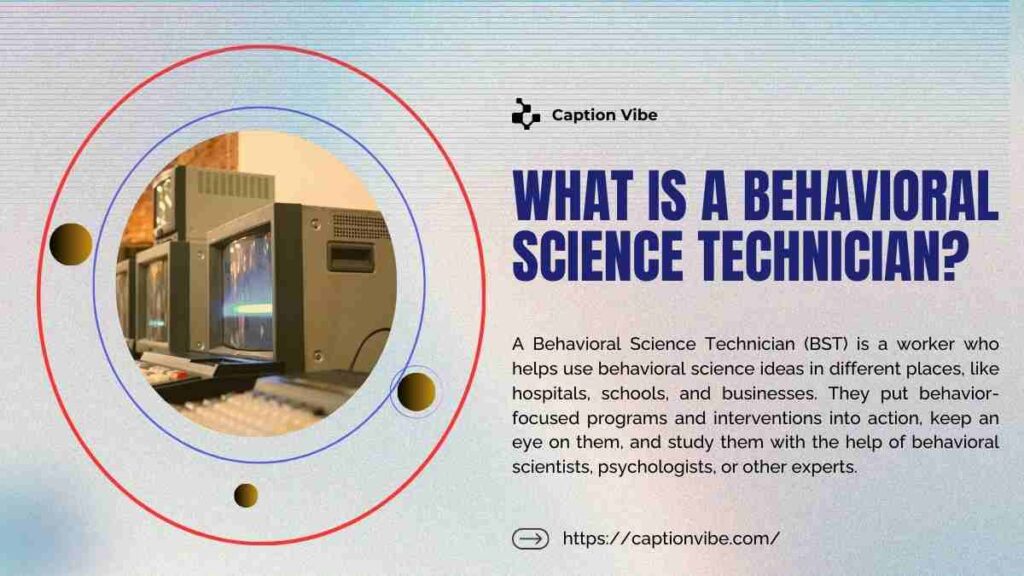
Key Roles and Responsibilities
- Data Collection and Analysis: BSTs learn about people’s behavior by watching them, surveying them, or talking to them. They look at this information to find trends and figure out how well behavioral interventions are working.
- Program Implementation: They help make and carry out plans to change people’s behavior. These plans might include ways to boost productivity at work, help people with behavioral therapy, or help kids with learning and development needs.
- Support and Guidance: BSTs often work directly with clients or workers to help them understand and follow good behavior habits. This could mean showing them how to deal with problems, encouraging them to keep up good habits, or leading them through behavioral activities.
- Documentation and Reporting: An important part of their job is to keep thorough records of behaviors, interventions, and outcomes. They make sure that any behavioral strategies are well documented so that they can be analyzed and reported on.
Skills Required
- Analytical thinking: being able to understand facts and spot patterns in behavior.
- Communication: To make sure that clients and team members understand strategies and comments.
- Empathy and Patience: They are important for working closely with people to help them change their behavior.
- Attention to Detail: This is necessary to get correct info and write complete reports.
Where They Work
Assisting with therapy programs for patients in healthcare settings is one example of a job for a behavioral science technician.
- Healthcare facilities: Assisting with patient therapy programs.
- Schools and Educational settings: Helping special-needs or struggling students.
- Corporate environments: In corporate settings, putting in place programs to keep employees engaged and boost productivity.
- Research institutions: Helping research institutions gather and analyze behavioral data for scientific studies is one example.
Types of Behavioral Science Technology
Behavioral Science Technology (BST) uses ideas from technology, psychology, sociology, and biology to study and change how people act. This category includes a lot of different technologies and methods, each of which helps us understand and use behavioral data in different ways. Here are a few of the most important types of psychology technology:
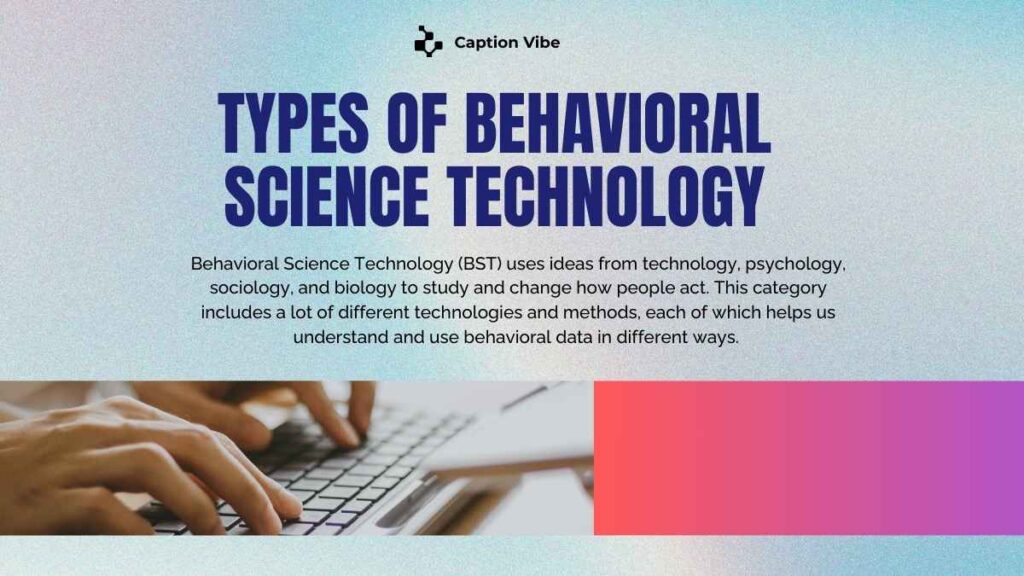
- Behavioral Analytics
Using tools for data analysis to look for trends in how people act is part of this. Organizations can find trends, make forecasts, and use data to help them make decisions by gathering and analyzing data from different sources. Marketing, employee performance evaluation. And customer relationship management are areas where behavioral analytics is extensively applied.
- Wearable Technology
Fitness trackers and smartwatches can keep an eye on things like your heart rate, how much you sleep, and how active you are. People who want to improve their health and well-being can get real-time feedback and motivation from this knowledge, which can help them behave in healthier ways.
- Gamification
People use aspects of game design in non-game settings to get interested and motivated. Gamification can improve learning, get employees more involved, and lead to good behavior changes in a number of settings, such as schools and corporate training, by adding challenges, rewards, and competition.
Types of Behavioral Science Technology
- Mobile Apps
A lot of apps are made to help with mental health, boost productivity, or promote good habits. Users are provided with personalized feedback, progress tracking, and goal-reaching tools through the implementation of behavioral science ideas in these apps.
- Artificial Intelligence (AI) and Machine Learning
AI and machine learning algorithms look at a huge amount of data about how people behave to find trends and make predictions. You can customize marketing campaigns, make digital platforms better for users. And create personalized health and wellness programs with these tools.
Types of Behavioral Science Technology
- Social Media Analytics
Tools that look at how people connect on social media can show how people feel, what behaviors are trending. And how involved people are in their communities. Businesses and groups can use these insights to change their strategies, get customers more involved, and better meet the needs of their audiences.
- Online Surveys and Feedback Tools
With these tools, businesses can find out how happy their employees are, how happy their customers are, and how the community feels about them. The information gathered can help with making choices and lead to better service, more engaged employees, and a more efficient business as a whole.
- Behavioral Nudges
This method changes the surroundings and gives people small reminders to change their behavior without limiting their choices. Putting healthier food options at eye level in a restaurant, for instance, can help people eat better. Digital platforms can also use “nudges” to remind users to do good things, like finish their work or take a break.
- Cognitive Behavioral Therapy (CBT) Apps
These apps help people with mental health problems like depression and anxiety by giving them tools and tasks that are based on cognitive behavioral therapy (CBT). Furthermore, by providing people with organized advice and help, these apps give individuals the power to practice healthy ways of coping and thinking.
Conclusion
Consequently, businesses are changing the way they work because, in addition, behavioral science technology helps them understand people better. Its uses in improving the workplace, training. Customers getting involved demonstrates its success in various areas. Adopting BST while still following moral guidelines can help make companies better at what they do. And care more about people.
Behavioral Science Technology is a broad term for a variety of tools; moreover, it encompasses methods that use lessons from behavioral science to change. And improve how people act. For instance, from wearable tech to AI-powered data, these new technologies are changing how people and businesses understand and respond to behavior. Consequently, this is leading to higher productivity, better mental health, and better learning experiences. Furthermore, BST has a lot of potential to solve hard behavioral problems in many areas, especially as the field continues to grow.
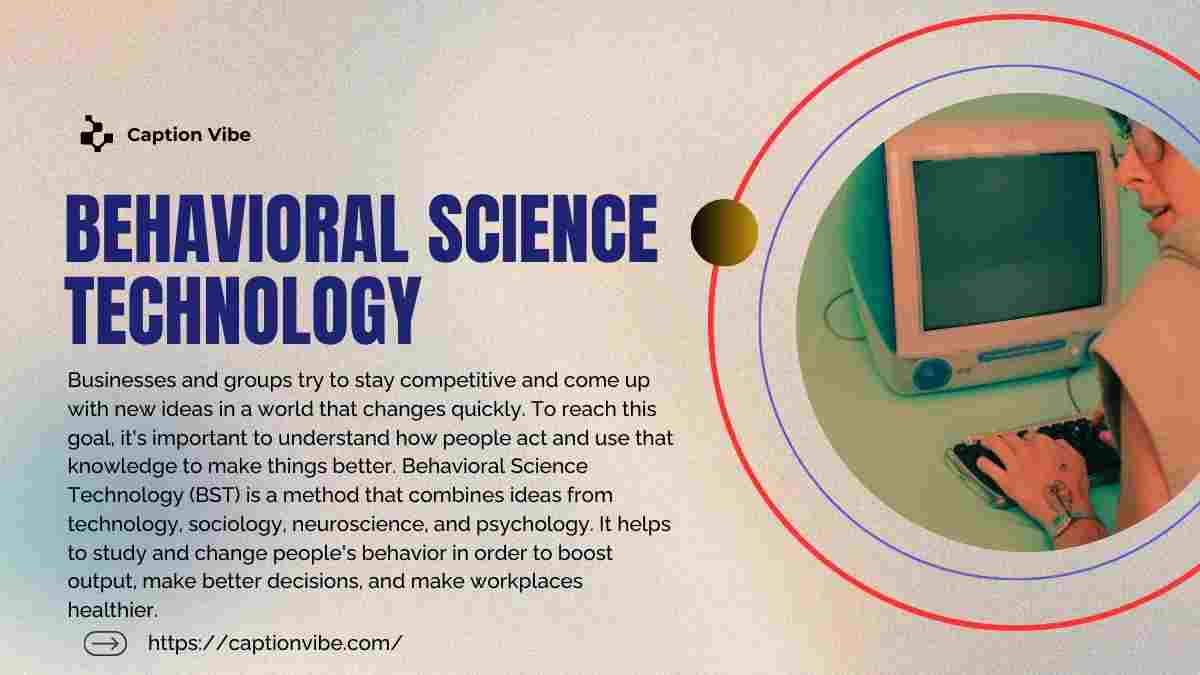




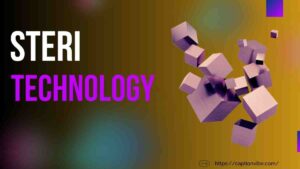
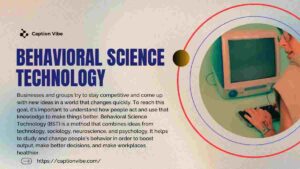


A lot of people find it more appealing to view shirtless bodies than covered ones.
And one of the things that appeals is the experience
of vulnerability, such as when a woman plays foreplay and feels embarrassed
or exposed while she is dressed. When both factions are
in the brown, it increases the intimacy of sex. When their
partner is prone, dominance is mainly appealing to some men.
And let’s not forget about the nude movie: they really go all out when it comes to showing off whatever, focusing on insertion,
and on private pieces. http://anifre.com/out.html?go=https%3A%2F%2Fwww.awaker.info%2Fhome.php%3Fmod%3Dspace%26uid%3D6909104%26do%3Dprofile%26from%3Dspace
A lot of people find it more appealing to view shirtless bodies than covered ones.
And one of the things that appeals is the experience of vulnerability, such as when a woman plays foreplay and feels embarrassed or exposed while she is dressed.
When both factions are in the brown, it increases the intimacy of sex.
When their partner is prone, dominance is
mainly appealing to some men. And let’s not forget about the
nude movie: they really go all out when it comes to
showing off whatever, focusing on insertion, and on private
pieces. http://anifre.com/out.html?go=https%3A%2F%2Fwww.awaker.info%2Fhome.php%3Fmod%3Dspace%26uid%3D6909104%26do%3Dprofile%26from%3Dspace
Wow